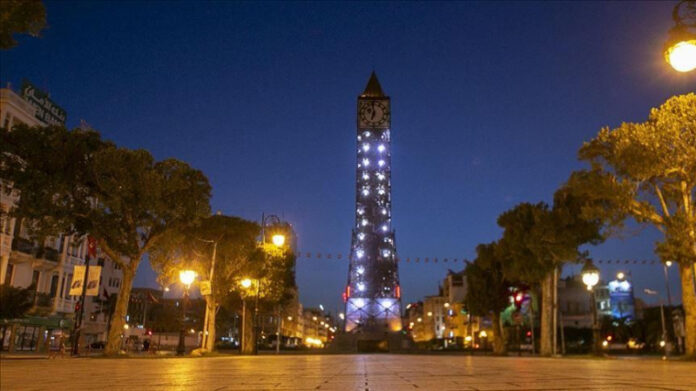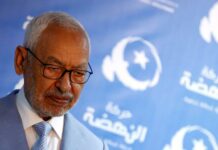Tunisian associations and organizations on Tuesday (September 28th, 2021) warned the President of the Republic in a joint statement of the seriousness of what they expressed by continuing to tighten his grip on the reins of power, without specifying the duration of the extraordinary measures he decided to extend indefinitely calling for the need to rely on competencies in appointing the government and expanding the circle of political consultations to get the country out of the situation it is going through and warned associations to stay away from the logic of nepotism in appointing the government to save Tunisia from the deteriorating economic and social situation, as well as not to prejudice the rights and freedoms contained in the 2014 Constitution and to speed up the achievement of political reform as stipulated in the communication.
Associations and organizations considered that the lack of swift and decisive action to hold senior officials involved in corruption cases and outlaws accountable since the announcement of the extraordinary measures raised fears of being alone in power. In addition to what they expressed with great concern that the President of the Republic was limited to consulting with a group of figures close to him, In their words. they called on him to speed up the expansion of the circle of consultation and dialogue, to include, in particular, the highly qualified people known for their independence from various lobbies, as well as representatives of political parties, with popular and non-corrupt balance in corruption cases.
They reiterated the need to respect freedom of expression and the press, and to provide information to journalists and media organizations, to put an end to rumours arising from the lack of accurate information from their source, and to prevent continued attacks on them in the course of their work. they warned of the danger of some audiovisual media continuing to broadcast in an illegal manner, and condemned the continued misinformation of public opinion and incitement to turn a blind eye among Tunisians, for partisan and commercial purposes and ambitions.
According to the same statement, the associations pointed out that the obstruction of the democratic process and the political, economic and social crisis that Tunisia has reached since independence, contributed a great deal to the lobbying that uses the media to achieve its commercial and political ambitions and to make it above the public interest.
Rifi-JDD











